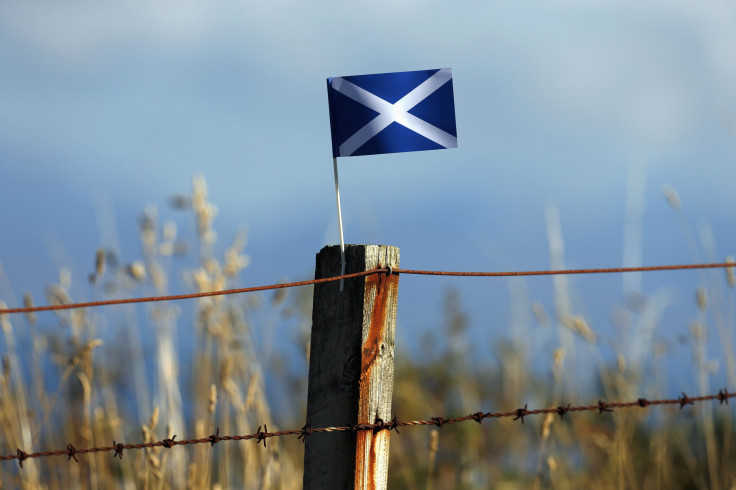Scottish Independence: How Scotland May Win, Even If Yes Loses

An eleventh-hour deal offered by pro-unionist parties from Westminster has Scottish voters pausing for one last thought before they step into the voting booth on Thursday to say whether they want Scotland to split from the United Kingdom after more than 300 years. As the campaign closed with a gap too close to predict between Yes and No to independence, the three main parties in the U.K. House of Commons -- the governing Conservatives and Liberal Democrats, and the opposition Labour -- put together a package that would see Scotland offered more money, more power and more control over its own tax and welfare within six weeks of the vote, provided it votes No.
In other words, Scottish nationalists will get something from the referendum even if they lose. If the country votes Yes on Thursday, it will split from the U.K. within 18 months to two years. Should the Yes side lose, Scotland will gain powers that it would not have ordinarily been granted by the central government.
But whether those promises can actually turn into policy is uncertain.
The offer, which was made in unison by the leaders of the three main parties, Prime Minister David Cameron, Liberal Democrat leader Nick Clegg and Labour leader Ed Milliband, does not have approval from the U.K. government and has already begun to cause alarm around the halls of Westminster as Tory MPs vow to ensure that Scotland isn’t granted those powers.
"I can’t understand how they think they can deliver this without Parliament looking at the whole picture,” said Christopher Chope, a Conservative member of parliament. “This smacks of a last-minute bribe. The party leaders don’t have the authority to make a bribe on behalf of the people of the United Kingdom.”
Another Tory MP, Peter Bone, said, "I don’t see why people in the East Midlands [of England] should be worse off to the tune of thousands of pounds than the people of Scotland … we’ve always thought it was unfair, but now … it has to be dealt with. You can’t just give powers to Scotland without a fairer distribution of funding.”
The reasons the offer is backfiring are wrapped up in political issues that date back to when Scotland, Northern Ireland and Wales were given their own parliaments, which are allowed to decide on some issues that Westminster gave up. It’s called devolution. The problem that was left behind was that England, where the UK Parliament happens to be based, does not have any of the same "devolved" powers, leaving it in many respects the weakest, though by far the largest, of the four countries that now make up the United Kingdom.
That’s what makes the offer to give Scotland additional powers contentious. The issue is known as the West Lothian question and it boils down to this: England has no say on what decisions are made in Scotland, Northern Ireland or Wales, but the latter three get a say on decisions made in England within the confines of the UK parliament. Extra powers for Scotland would put it in an even stronger position, which is why the offer from the three parties is already being contested by English politicians.
It's yet to be seen whether or not the people of Scotland believe that they will receive the promised extra powers, or it's is just a final push to get the unionists over the finish line. What many Scots might recall is that a similar promise was made in 1979 by the Margaret Thatcher Conservative government. It took nearly 20 years for them to be realized in the form of devolution.
© Copyright IBTimes 2024. All rights reserved.






















